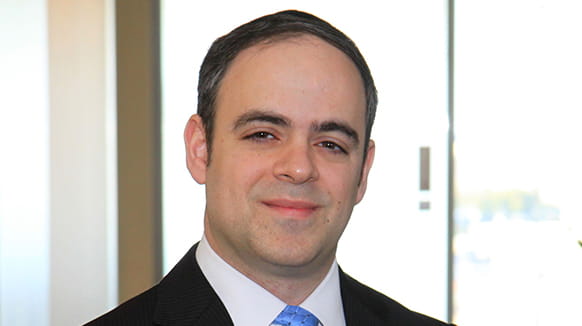On May 1, 2024, the IRS issued Rev. Proc. 2024-24 (the “Rev. Proc.”) providing revised standards for requesting private letter rulings relating to tax-free corporate spin-off transactions. The Rev. Proc. departs from prior ruling practice with respect to (i) spin-offs by a parent company (“Distributing”) of less than all of the stock or securities of a spun-off subsidiary (“SpinCo”) and (ii) spin-offs that include exchanges of Distributing debt securities in stock-for-debt or debt-for-debt exchanges (“Distributing Debt Exchanges”).
A spin-off transaction in which Distributing retains some SpinCo shares will generally be viewed by the IRS as part of a plan to achieve tax avoidance (and therefore ineligible for tax-deferred treatment). However, under the Rev. Proc., the IRS will consider issuing favorable rulings for tax-deferred treatment if Distributing commits to disposing of all SpinCo shares not distributed in the initial spin-off in either (i) a “clean up” distribution to its shareholders or creditors that occurs within 12 months of the initial spin-off transaction (a “Delayed Distribution”), or (ii) a taxable sale within five years of the spin-off transaction (assuming certain other conditions are met) (a “Retention Spin”). The Rev. Proc. states that the IRS will apply “significantly increased scrutiny” to taxpayer requests for a Retention Spin ruling if a federal income tax benefit or advantage would result from the Retention Spin or if certain factors reflect a continuing relationship between. Distributing and SpinCo. The Rev. Proc. also requires additional representations where there is overlap between any officers, directors or employees of Distributing and SpinCo or if certain intercompany agreements will survive, or go into effect, post-spin. In a change from prior ruling practice, under the Rev. Proc., the IRS will no longer issue simultaneous rulings with respect to a Delayed Distribution and Retention Spin, which have historically been used by taxpayers as a “backstop” in situations where Distributing expects to pursue a Delayed Distribution but is unable to complete the Delayed Distribution within 12 months of the initial spin-off transaction.
The Rev. Proc. also modifies IRS ruling practice with respect to Distributing Debt Exchanges. These exchanges are a common monetization technique pursuant to which up to 20 percent of SpinCo stock is used to repay newly issued short-term Distributing debt (“New Debt”) in a “direct issuance.” Distributing then uses the New Debt to pay down historic debt, allowing Distributing to benefit from a disposition of SpinCo stock without being subject to tax. The Rev. Proc. provides the IRS will no longer rule favorably with respect to spin-offs utilizing the “direct issuance” model unless the debt repaid with SpinCo stock is “old debt” incurred at least 60 days prior to the date a spin-off transaction is approved, agreed to or publicly announced.
The Rev. Proc. implements new requirements for rulings with respect to so-called “intermediated” structures in which a financial institution (the “Intermediary”) acquires existing Distributing debt from historic debt holders and exchanges that debt with Distributing for SpinCo stock. Under the Rev. Proc., taxpayers must represent that the Intermediary will act for its own account and bear the risk of loss with respect to the Distributing debt and the SpinCo stock held in an intermediated exchange. The Rev. Proc. also prohibits Distributing and the Intermediary from entering into arrangements such as variable pricing agreements or forward exchange agreements that were previously permitted and that would protect the Intermediary from economic loss from the transaction.



